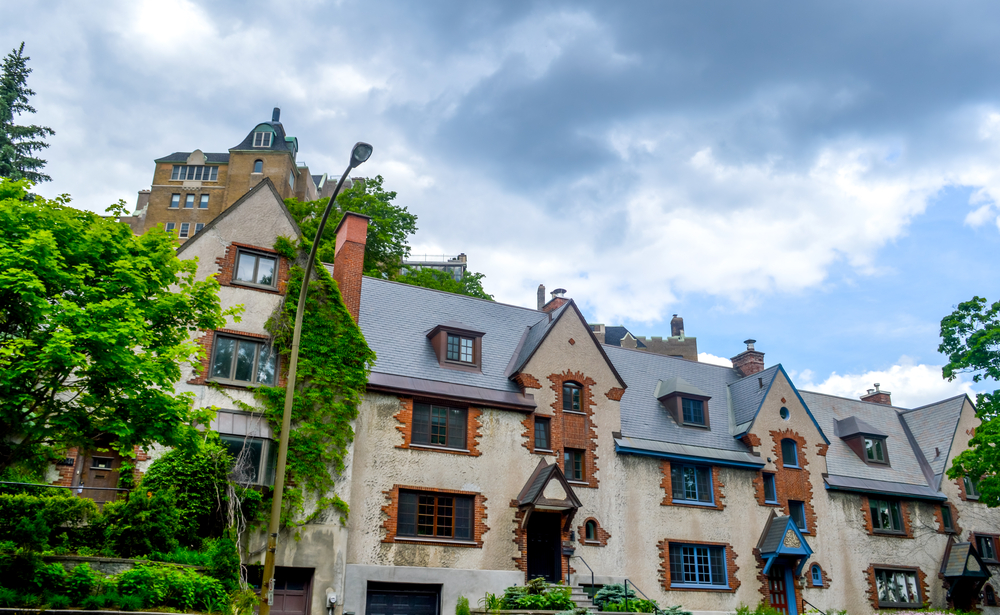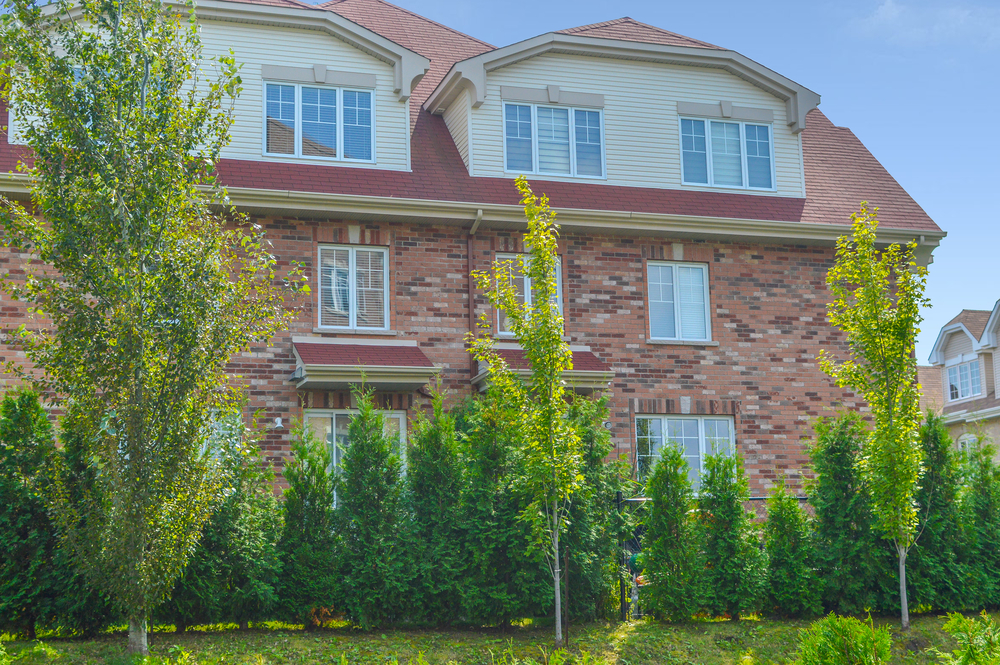Toronto and Vancouver are two of the most coveted real estate markets in Canada known for hosting bidding wars among buyers simultaneously make offers on a property, and whoever bids more wins the house.
But now the phenomenon has also seeped into Canada’s second-largest city, Montreal, where the real estate market is starting to see enthusiasm from buyers.

Bidding Wars Reach Montreal
The housing market in Greater Montreal has seen a steady incline as Quebec’s economy becomes stronger and more foreigners look for homes to settle down in Canada’s second-largest city. For the first time in seven years, the city’s home prices rose above the country’s average, while Vancouver and Toronto, the other two hot real estate markets, showed mixed results in the second quarter.
The Real Estate Board for Great Montreal released the latest figures from July showing that home sales had increased for 41 months in a row – partly due to low inventory – reaching a new record high for the month of July in the past eight years. The report clearly shows that the city’s market is on a solid upward trend.
Montreal’s family home prices increased 6 per cent in July to $336,250 in comparison to the same month last year. Despite the increase, the city’s median price doesn’t even come close to Toronto, which is Canada’s largest real estate market with average home price standing at $782,129.
Montreal’s growing housing demand has seen an increase in the bidding war trend, where buyers’ interest in a property is strong that they are willing to pay higher than seller’s asking price. Sellers often accept quotes from several buyers at once and choose the highest offer. According to Royal LePage’s report, the city’s West Island showed more excitement as nearly one-fourth of its properties were sold for more than the asking price this year.
Market Conditions to Settle in Future
Royal LePage’s senior director, Dominic St-Pierre said that Montreal’s sellers where receiving offers around $15,000 – almost 3.5 per cent higher than the average asking price.
He added that this isn’t an ideal situation for a buyer, but things will start getting better by the end of 2018 once the demand stabilizes. For now, a shortage of inventory and rising demand is expected to raise prices for at least the next six months.
St-Pierre said that as new listing hit the market, more construction projects kick off and interest rates rise, Montreal’s market will eventually find more stability and reduce bidding pressure on buyers.
It has almost been a decade since Montreal’s sellers’ market saw a rise in bidding wars, although the trend eventually came to end after the real estate industry was hit hard by the financial crisis. Bidding wars are extremely lucrative for sellers who can make sizable profits from selling property at higher rates, but the process can be costly and stressful for buyers.

Sellers Gain, Buyers Lose
One Canadian couple, Elena Trigiani and Thomas Poirier say that they had to bid against six other potential buyers and eventually paid 15 per cent above the asking price to acquire their new home. 29-year-old Elena said that many of their friends had failed to win a housing bid in Montreal because they didn’t go all-in.
The soon-to-be-mother says that she and her husband paid $60,000 over the asking price for a small two-storey home in Pointe-Claire. The couple knew from the get-go that the house was perfect for raising a family which is why they decided to take the leap and offer a 15 per cent more than the asking price.
On the flip side, sellers Patrick Vena and Megan Mallette-Di Liello were able to make an additional profit of $20,000 when they sold their Beaconsfield family home for $735,000. The two parents were aware of the ongoing bidding wars in the city and didn’t want to miss out on the action.
Although Montreal’s housing market is gaining strength, its bidding wars are nothing compared to Vancouver or Toronto where sellers can attract scores of bidders on certain properties and sell for $100,000 above the asking price. Bidding wars are one of the reasons for increase in housing prices. Losing bidders tend to offer even more in subsequent sales, causes the prices to ladder up over time.





